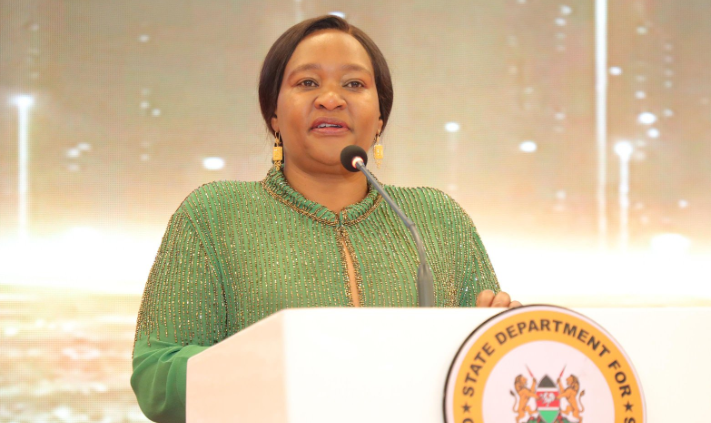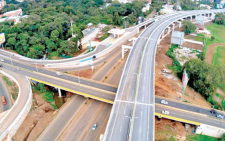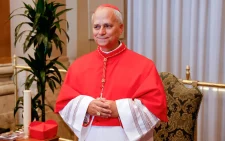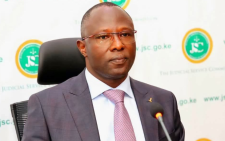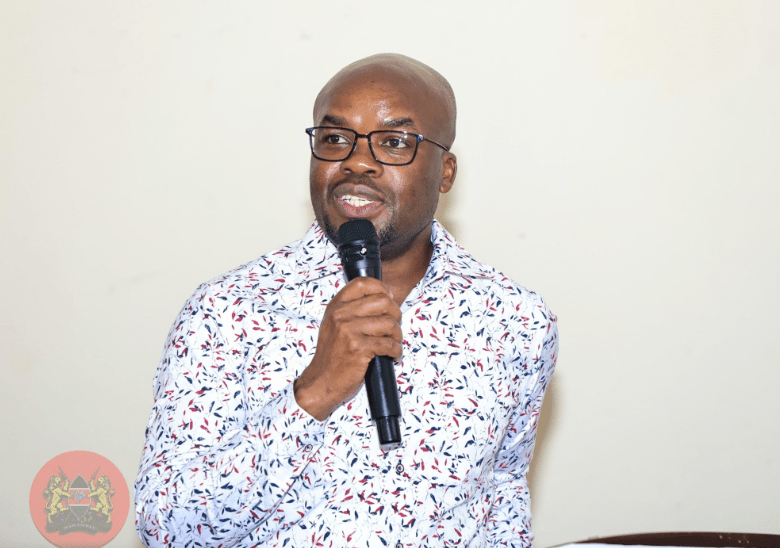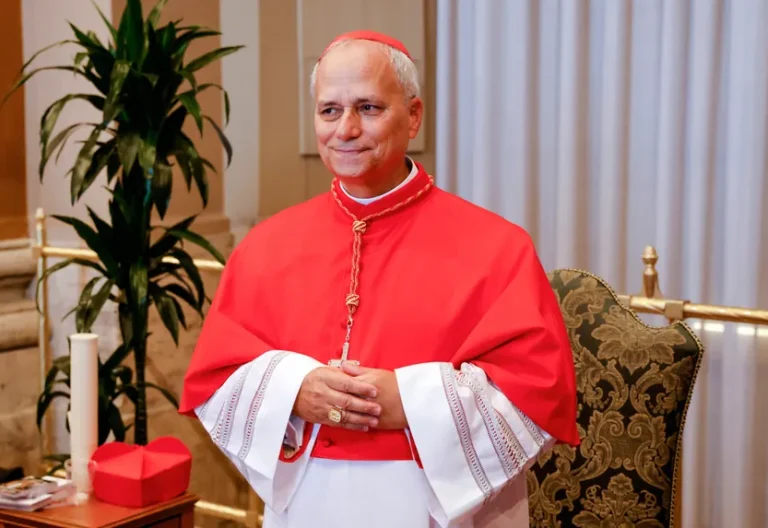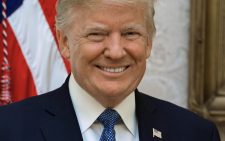Boeing 767 that flew sleeping bongos from the US to Kenya
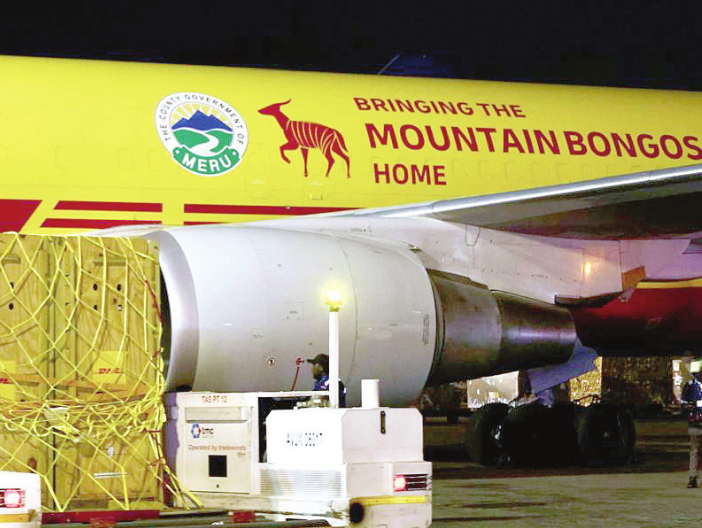
Some 17 bongos were repatriated safely from the United States to Kenya flew, a distance of more than 12,000km, while ‘asleep’.
The mountain bongos arrived from Palm Beach County, Florida, to a specially designed sanctuary on the north-eastern slopes of Mt Kenya.
According to a report from Lewa Conservancy, the complex logistics of this translocation were made possible through close cooperation between RSCF (Rare Species Conservatory Foundation), Lewa Wildlife Conservancy, Tusk, DHL and the Kenya Wildlife Service (KWS).
“In consultation with the project team, RSCF carefully selected 17 bongos comprising 12 females and five males from its large breeding herds,” the report reads.
To prepare them for travel, they were segregated for pre-shipment testing and preparation, as per KWS protocols, in a specially designed corral-chute system.
“The bongos were vaccinated for pathogens and given a pioneering, recombinant-DNA vaccine to help protect against tick-borne disease” adds the report.
Knocked out
To comply with the law, the vaccine was developed specifically for the bongo project by the Infectious Diseases Laboratory (IDL) at the University of Georgia, USA, in collaboration with Kenya’s International Livestock Research Institute (ILRI).
All 17 animals were successfully put in crates and given a long-acting sedative to ease their 30-hour journey, which was approximately 12,753 kilometres.
The animals left Palm Beach International Airport in a Mountain-Bongo-branded DHL Boeing 767 that carried the antelopes 7146 nautical miles to Jomo Kenyatta International Airport in Kenya.
The bongos were transported in custom-built crates, alongside six tons of pellet feed.
Though the report has not revealed the cost of transporting the bongos from Florida to Kenya, DHL Express delivery, which takes two to five days, usually charges approximately Sh6,000 for a package weighing 400g.
Other factors that affect the cost include the size and shape of the package, shipping services, insurance, and additional fees, among others. Three US animal-care experts, including a wildlife veterinarian, accompanied the animals during their journey.
The repatriated bongos were donated to the government of Kenya by the RSCF. Upon their arrival, the KWS transported the animals 250km by road to the new sanctuary.
Lewa Wildlife Conservancy played a pivotal role in the construction of the 20-acre mountain bongo sanctuary, in partnership with the Meru Bongo and Rhino Conservation Trust (MBRCT) and Kenya Forest Service.
This sanctuary is part of Kenya’s first-ever conservation public-private community partnership and stands as a cornerstone of Kenya’s National Bongo Action and Recovery Plan.
It provides a secure home and breeding ground for the species, with the aim of re-establishing sustainable populations across the Mount Kenya ecosystem and beyond.
Reversing losses
Mike Watson, CEO of Lewa Wildlife Conservancy, stated that bringing the mountain bongos back to Kenya is a great moment in the restoration of the country’s natural heritage.
“For decades, these animals have been largely absent from the very forests where they belong, and this project will be crucial in reversing that loss. Seeing them set foot on Kenyan soil again is a powerful reminder of what can be achieved when organisations work together,” said Watson.
Lewa Board Member, Prof Amb Judi Wakhungu EGH, reflected on the historical and conservation significance of this achievement.
“It is remarkable that the twentieth-generation offspring have returned to their original home and natural habitat where they belong. This is historic and attests to the conservationists’ expertise and dedication,” said Wakhungu.
MBRCT chairman, John Kinoti stated that the area has a very favourable climate for the breeding of the bongos and the return of the mountain bongos to their native landscape is not only a victory for conservation but also for local communities.
“The project has created employment opportunities and promises continued investment in community initiatives around education, healthcare, and livelihoods,” Kinoti said.
